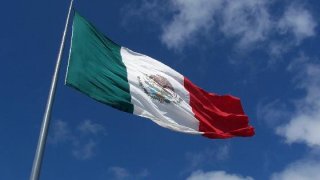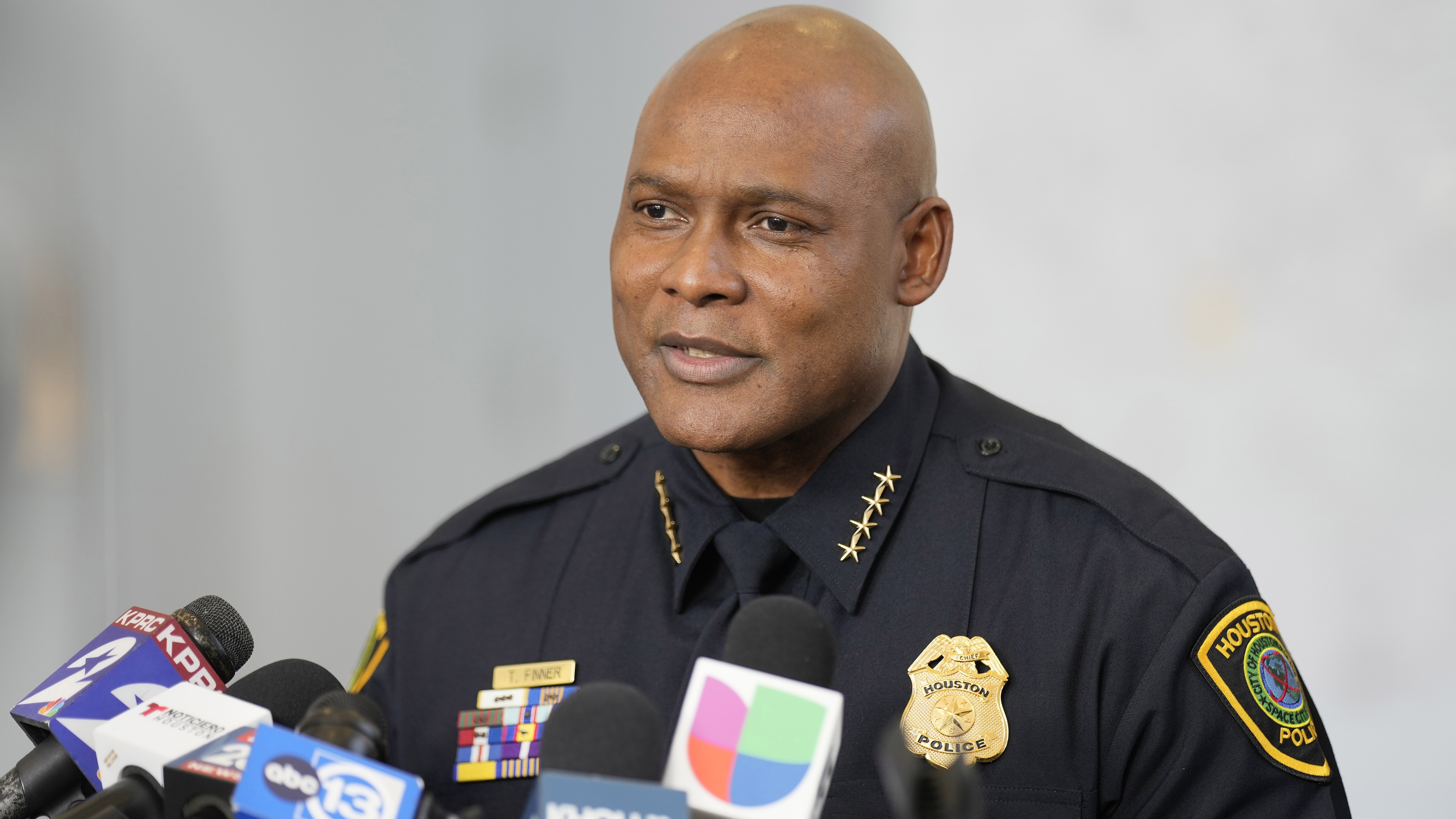
Fear has invaded the Mexican border city of Reynosa after gunmen in vehicles killed 14 people, including taxi drivers, workers, and a nursing student, and security forces responded with operations that left four suspects dead.
While this city across the border from McAllen, Texas is used to cartel violence as a key trafficking point, the 14 victims in Saturday's attacks appeared to be what Tamaulipas Gov. Francisco García Cabeza de Vaca called "innocent citizens" rather than members of one gang killed by a rival.
Local businessman Misael Chavarria Garza said many businesses closed early Saturday after the attacks and people were very scared as helicopters flew overhead. On Sunday, he said "the people were quiet as if nothing had happened, but with a feeling of anger because now crime has happened to innocent people."
"It's not fair," said taxi driver Rene Guevara, adding that among the dead were two of his fellow taxi drivers whom he defended and said were not involved in crime.
Get DFW local news, weather forecasts and entertainment stories to your inbox. Sign up for NBC DFW newsletters.
The attacks took place in several neighborhoods in eastern Reynosa, according to the Tamaulipas state agency that coordinates security forces, and sparked a deployment of the military, National Guard and state police across the city. Images posted on social media showed bodies in the streets.
Authorities say they are investigating the attacks and haven't provided a motive.
But the area's criminal activity has long been dominated by the Gulf Cartel and there have been fractures within that group. Experts say there has been an internal struggle within the group since 2017 to control key territories for drug and human trafficking. Apparently, one cell from a nearby town may have entered Reynosa to carry out the attacks.
Texas News
News from around the state of Texas.
Olga Ruiz, whose 19-year-old brother Fernando Ruiz was killed by the gunmen, said her sibling was working as a plumber and bricklayer in a company owned by his stepfather to pay for his studies.
"They killed him in cold blood, he and two of his companions," said Olga Ruiz, adding that the gunmen arrived where her brother was fixing a drain.
"They heard the gunshots from afar and my stepfather told him: 'son, you have to take shelter.' So he asked permission to enter a house but my brother and his companions were only about to enter when the vehicles arrived," Ruiz said. "They stopped in front of them and started to shoot."
On Saturday, authorities detained a person who was transporting two apparently kidnapped women in the trunk of a car.
Security is one of the great challenges facing the government of President Andrés Manuel López Obrador. He has assured Mexicans that he is fighting the root causes of the violence and since the beginning of his administration in December 2018, he has advocated "hugs, not bullets" in dealing with criminals. He also says he is fighting corruption to stop the infiltration of organized crime among authorities.
But the violence continues.
"Criminal organizations must receive a clear, explicit and forceful signal from the Federal Government that there will be no room for impunity, nor tolerance for their reprehensible criminal behavior," said García Cabeza de Vaca of the rival National Action Party. "In my government there will be no truce for the violent."
But García Cabeza de Vaca himself is being investigated by the federal prosecutor's office for organized crime and money laundering - accusations he says are part of plan by López Obrador's government to attack him for being an opponent.
Tamaulipas - the state where the Zetas cartel arose and where the Gulf Cartel continues to operate - has seen several of its past governors from the Institutional Revolutionary Party accused of corruption and links to organized crime. One former governor, Tomás Yarrington, was extradited to the United States from Italy in 2018 on drug trafficking charges.



